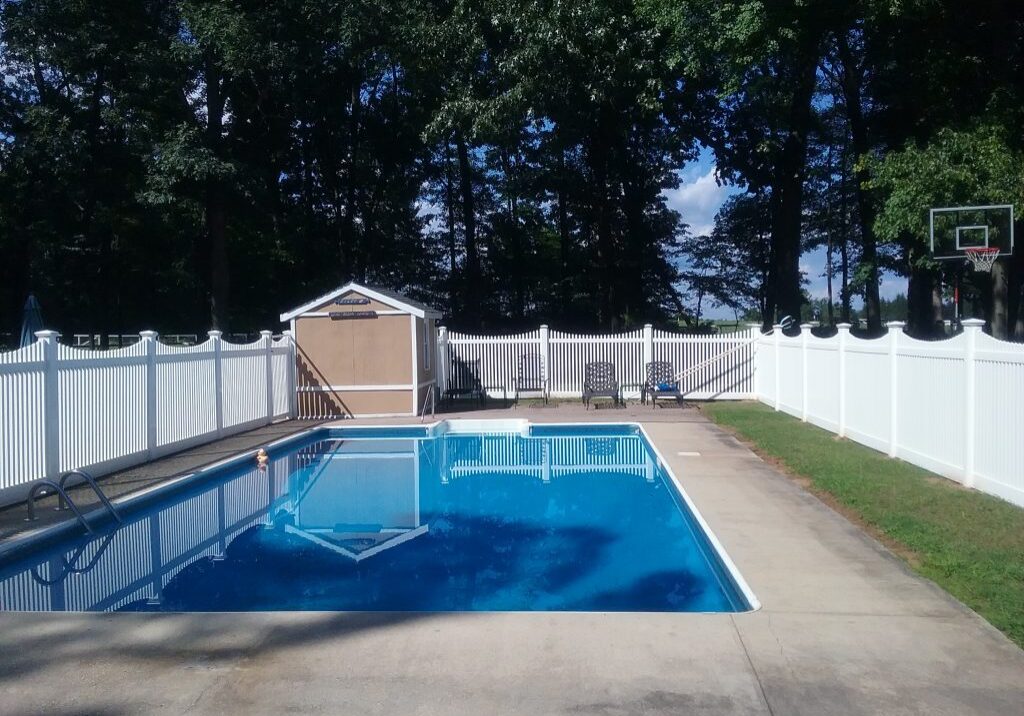All Categories
Featured
Table of Contents
Eco-Friendly Fencing Options for Environmentally Conscious Homeowners
With growing environmental concerns, many homeowners are looking for sustainable solutions for their property’s fencing needs. Fencing is one area where homeowners can make a significant impact on their carbon footprint. Conventional fences made from chemically treated wood can contribute to pollution and deforestation. Fortunately, sustainable fencing options are available that help reduce environmental impact while still providing excellent function. Here are some great fencing alternatives for those who want to make an eco-friendly choice for their homes:
Bamboo is one of the most eco-friendly materials available for fencing. Known for its rapid growth and renewability, bamboo is an excellent choice for those who want a fence that is both stylish and sustainable. Bamboo is lightweight, durable, and naturally resistant to pests, requiring no toxic chemicals. Bamboo fences also offer a natural aesthetic that complements many landscapes. Additionally, bamboo is biodegradable, making it a great option for reducing waste.
![]()
With growing environmental concerns, many homeowners are looking for sustainable solutions for their property’s fencing needs. Fencing is one area where homeowners can make a significant impact on their carbon footprint. Conventional fences made from chemically treated wood can contribute to pollution and deforestation. Fortunately, sustainable fencing options are available that help reduce environmental impact while still providing excellent function. Here are some great fencing alternatives for those who want to make an eco-friendly choice for their homes:
Bamboo is one of the most eco-friendly materials available for fencing. Known for its rapid growth and renewability, bamboo is an excellent choice for those who want a fence that is both stylish and sustainable. Bamboo is lightweight, durable, and naturally resistant to pests, requiring no toxic chemicals. Bamboo fences also offer a natural aesthetic that complements many landscapes. Additionally, bamboo is biodegradable, making it a great option for reducing waste.
2. Plastic Fences Made from Recycled Materials
Recycled plastic fences are an excellent choice for those who want a low-maintenance and environmentally friendly fencing solution. Made from post-consumer waste, such as plastic bottles and containers, these fences help reduce plastic waste and keep it out of landfills. Weather-resistant and durable, recycled plastic fences require little maintenance and last longer than traditional wood fences. It's a perfect option for those looking to combine sustainability with longevity.
3. Reclaimed Wood Fencing
Using reclaimed wood for your fence is another eco-friendly option. By repurposing wood from old barns, factories, or other buildings, you are giving the wood a second life and helping to reduce the demand for new timber. This type of fence provides a rustic, charming look while being a more sustainable choice. The unique appearance of reclaimed wood, combined with eco-friendly finishes, offers both durability and beauty.4. Hedge Fences for Sustainable Living
Living fences, such as hedgerows, are one of the most natural and sustainable fencing options available. Living fences made from native plants are a completely natural and sustainable way to fence in your property. A living fence can enhance privacy, reduce noise pollution, and improve air quality. In addition to being sustainable, living fences provide food and shelter for local wildlife.Conclusion
There are several eco-friendly fencing options available that allow you to minimize your impact on the environment. From bamboo to composite materials, you can find an eco-friendly fence that suits your style and needs while helping the environment. By considering the environmental benefits of your fencing choice, you can create a more sustainable outdoor space.Table of Contents
Latest Posts
Check Out Budget-Friendly Auto Repairs with Montclare’s Exclusive Service Specials
Published en
1 min read
Uncover Cut Costs on Car Maintenance with Montclare Auto Repair’s Limited-Time Deals
Published en
1 min read
Find Out Save Big on Car Maintenance with Montclare Auto Repair’s Limited-Time Deals
Published en
1 min read
More
Latest Posts
Check Out Budget-Friendly Auto Repairs with Montclare’s Exclusive Service Specials
Published May 26, 25
1 min read
Uncover Cut Costs on Car Maintenance with Montclare Auto Repair’s Limited-Time Deals
Published May 26, 25
1 min read
Find Out Save Big on Car Maintenance with Montclare Auto Repair’s Limited-Time Deals
Published May 25, 25
1 min read